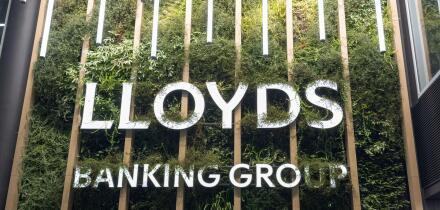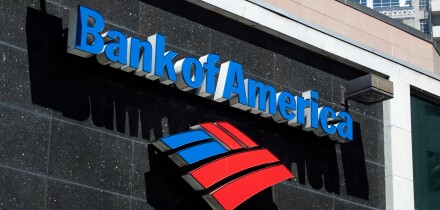Barclays last week announced it is launching a Career Compliance Academy aimed at, in the bank's own words, offering "compliance professionals technical and behavioural training that places customers and clients at the heart of decision-making and helps the business achieve success in the right way.”
It isn’t clear whether it’s the first time the academy will offer compliance professionals this training, or Barclays, or just the financial sector more generally. It also isn’t clear whether this is compulsory or just an extracurricular activity for the more dedicated of the compliance industry.
The press release doesn’t make many straightforward commitments.
It will set a “benchmark” for compliance. It will “strive to be the gold standard for the industry”. It will be delivered in partnership with Cambridge Judge Business School, which, vaguely, “leverages the power of academia for real world impact to transform individuals, organisations and society.”
And, great news for certain other banks with noted compliance issues, Barclays hopes to open the academy up to the rest of the industry, offering compliance pros at other banks the opportunity to achieve a Certificate in Compliance.
Blog can think of one good compliance lesson for professionals straight way: don’t follow in the footsteps of this BNP Paribas compliance official, cited in the US Department of Financial Services press release announcing the bank’s settlement for breaking US sanctions as emailing colleagues that the commercial stakes of its business with clients in Sudan were “significant”, concluding that “for these reasons, Compliance does not want to stand in the way.”
Do, please, stand in the way. If nothing else you’ll stem a tide of bitching about the US’s financially imperialistic motives for enforcing long-standing regulations.
Also, it's your job.
In the meantime, it’s probably a good idea to keep the academy focused on keeping Barclays out of trouble for now, at least according to this graph from Société Générale:







